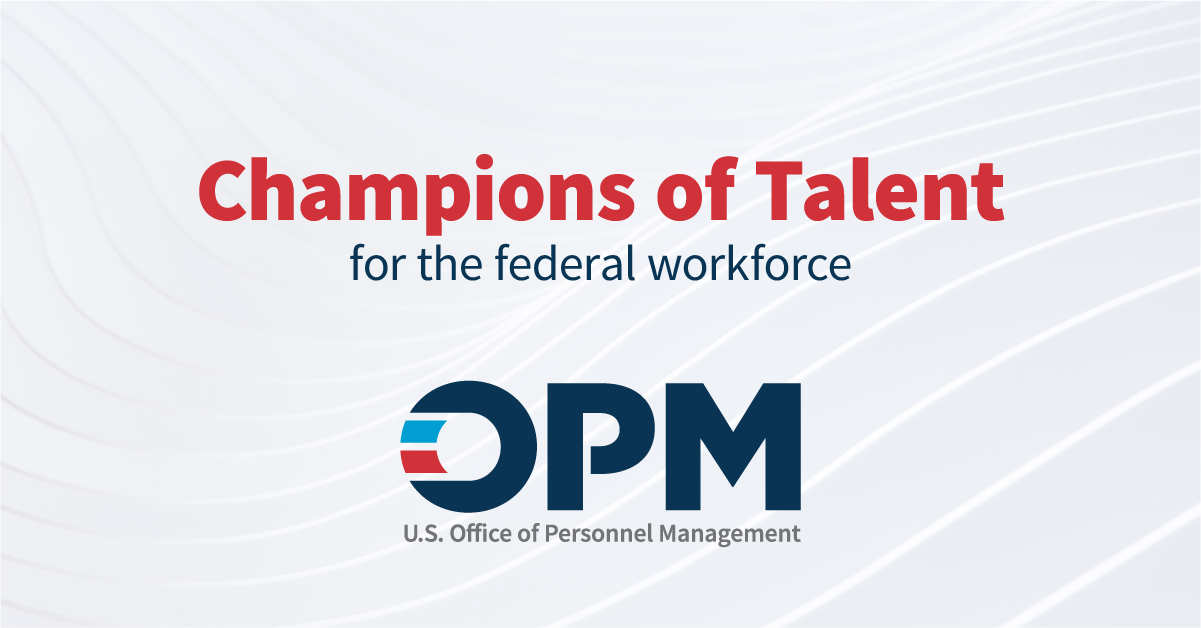I think it's also important for me to point out that I'm not just arbitrarily bashing pharmacy over here and complaining about the lack of jobs; rather, I'm speaking from a perspective that has been influenced not only by what I've been told by former pharmacy managers and preceptors, but also by conversations I've had in recent weeks with a few team leads/managers who work at local tech companies and are in charge of hiring personnel.
For example, within the last few days I was put in touch with a team lead at a local tech company who I wanted to talk to specifically regarding the job market and my prospect of finding a job here after finishing a CS bootcamp or degree. He told me about positions they hire for called "co-ops" (basically like interns) and said that working for them in the co-op program is a really good way to secure a FT software engineering position post-graduation.
At some point, I asked him if there were any particular teams or shifts for which they had an especially dire personnel need, and he mentioned that they have a hard time finding engineers who are willing to work on the "devops" team, which is a CS specialty area I'd never heard of prior to our conversation. Basically, he said that almost no software engineers want devops jobs because they're not held in the same regard as the "sexier" engineering positions that involve expressing more of a creative bent. I recall that he said a lot of engineers joke that devops engineers are basically over-glorified sysadmins (short for systems administrators).
I spoke to the severe job market saturation issue in pharmacy and told him I'd really like to do what I can to establish myself as an attractive SWE candidate. He said that even though the SWE job market (at least locally) wasn't anywhere near getting competitive to the extent of their company instituting HR policies barring the hiring of new grads (a la hospital pharmacy), he said that if I REALLY wanted to give myself job security, I should take a job upon graduation as a devops engineer, teach myself to become fluent with tools & technologies such as Kubernetes, Terraform, Docker, Spinnaker (he mentioned a few others), and then advance into a role called site reliability engineer (SRE). This was also the first time I'd ever heard of the SRE job title but he basically said that I'd be set for life if I was willing to put up with the "less riveting" nature of the work and wouldn't mind the on-call and night shift requirements.
So to clarify, apparently they hire new grads into devops positions but not SRE roles, although a new grad who has worked as a devops engineer for about a year can naturally move into an SRE role. After he discussed those two positions, I asked him if CS students ever expressed interest in co-op/intern positions on the devops team, and he said that the weird schedule (lots of night shift work) made it difficult for students at the local university's CS program to juggle the time commitments with their schedule, since the university's CS program requires on-campus attendance. I told him that I'd be attending an online program and said that I'd be interested in working as a night shift devops intern, if they'd be interested in hiring one.
At that point, he reacted as if I'd offered to drain all my family members' bank accounts and send him all their money ("yeah, definitely"; "you've got my number, get in touch with me again after you've started your program," etc.).
Obviously, it's not a guaranteed offer of employment, but what does it say about the state of pharmacy that a single conversation with a tech company manager I'd never met before seemed to hold more promise for my future employment prospects than any conversation I'd ever held with any of the pharmacists at the hospital network I used to work as an intern at? (Not to mention the job offer from a rotation site preceptor that had to be retracted because of HR policies outright barring the hiring of new graduates -- how embarrassing.)
Anyways, I know... tl;dr, blah blah blah, but who cares? Like PharFromNormal has said, I have "checked out" on pharmacy by now, so at this point I'm just passively expressing my fascination over the disparity between job market conditions in CS and pharmacy.
Also, the tech manager I talked to didn't care at all that I was changing professions immediately after graduating from pharmacy school. I guess I should just consider myself lucky that I'm not trying to get a job with PharFromNormal and his crack team of chain retail superstars.
BTW,
@PharmtoCS @DH1987 @lord999 and anyone else who either works in CS or has a CS background - does any of the info passed along to me by the tech manager regarding devops/SRE jobs sound familiar? Would you generally agree with what he had to say?






 Two posts in a row, two misses. Maybe the real reason pharmacy as a profession is in a dumpster is that it has too many people with single-track mind and limited reading comprehension.
Two posts in a row, two misses. Maybe the real reason pharmacy as a profession is in a dumpster is that it has too many people with single-track mind and limited reading comprehension.